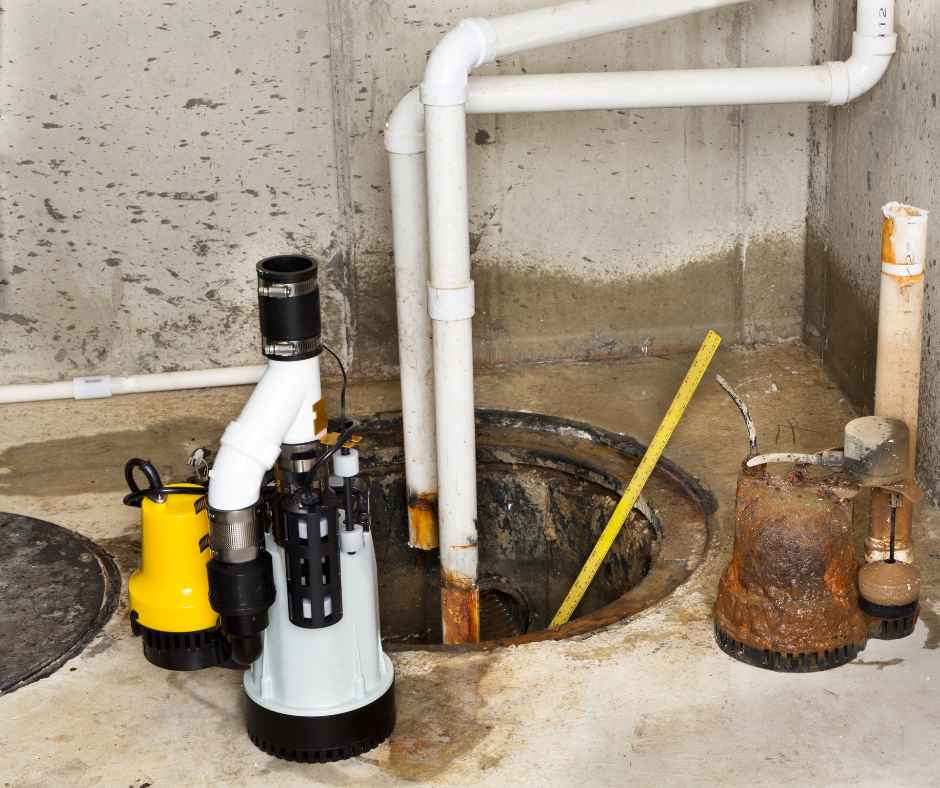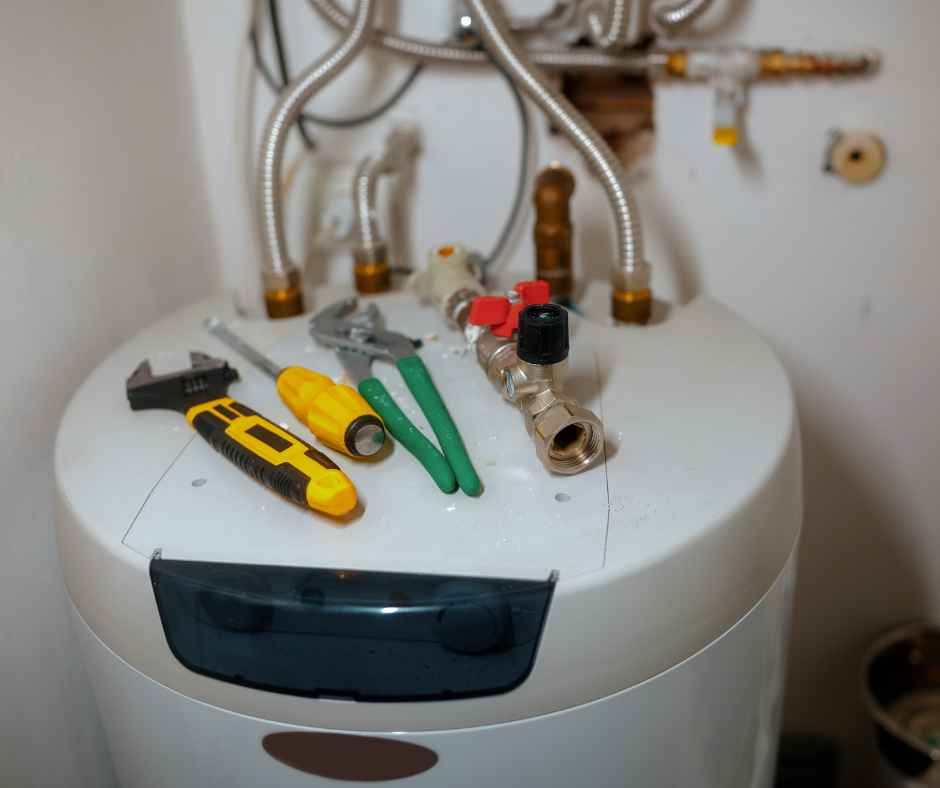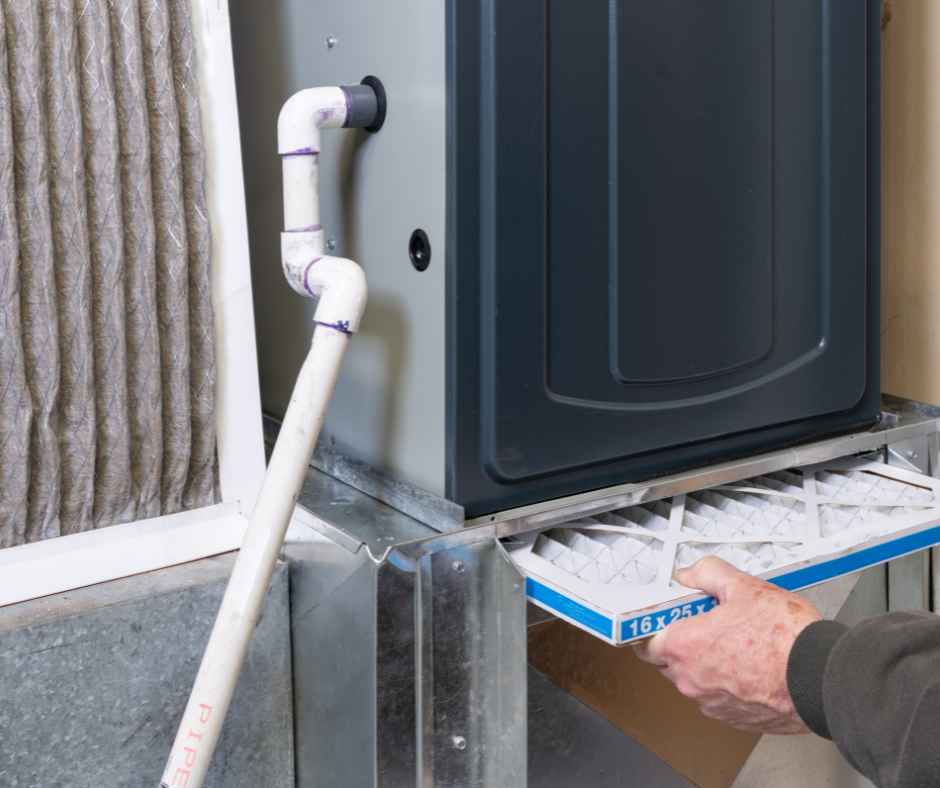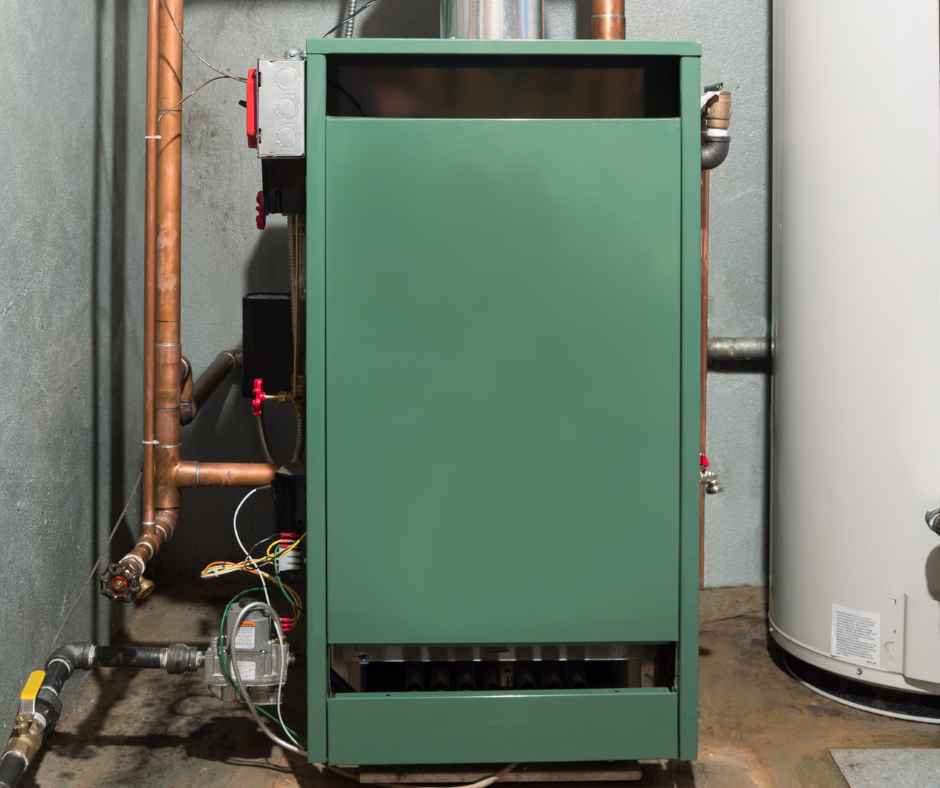0% APR Plus No Payments for 12 Months
on Select New Plumbing & HVAC Systems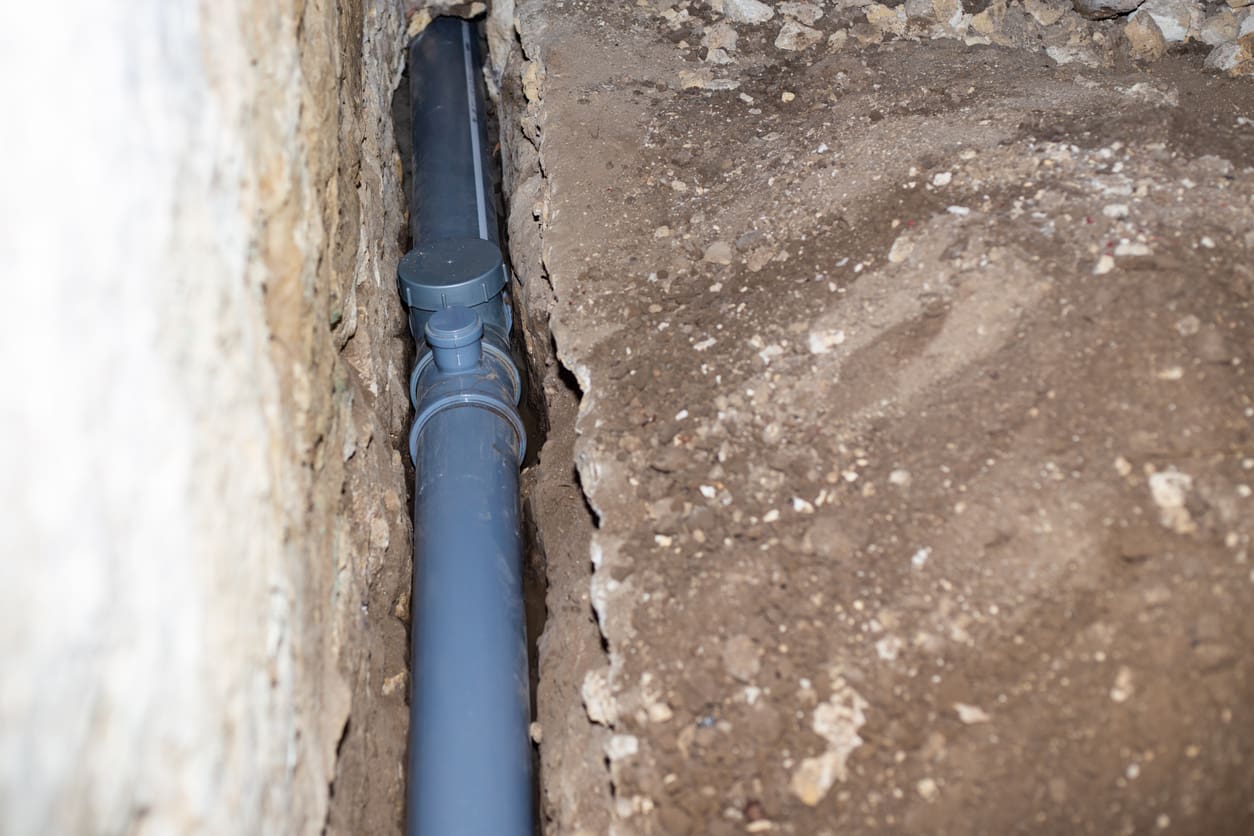
What Causes Sewer Backup in Basement?
A sewer backup in the basement is every homeowner’s nightmare. It can lead to unpleasant odors, property damage, and health risks due to exposure to harmful bacteria. Understanding the causes of sewer backups can help you prevent them and protect your home. In this blog post, we will explore the common reasons for sewer backups, signs to watch out for, and steps you can take to prevent them.
Common Causes of Sewer Backup
Clogged Pipes
One of the most common causes of a sewer backup in the basement is clogged pipes. Over time, debris such as hair, grease, soap scum, and foreign objects can accumulate in the pipes, restricting the flow of wastewater. When this happens, the sewage has nowhere to go and can back up into your basement. Regularly cleaning your drains and being mindful of what you flush or wash down the sink can help prevent clogs.
Tree Root Infiltration
Tree roots are naturally attracted to the moisture and nutrients found in sewer lines. As trees grow, their roots can extend into small cracks or joints in the sewer pipes, eventually causing blockages. Tree root infiltration can lead to significant damage to the main sewer line in the basement, resulting in a sewer line backup. If you have trees near your sewer line, it’s essential to have regular inspections to detect and address any root intrusion early.
Broken or Collapsed Sewer Lines
Older homes are more susceptible to having broken or collapsed sewer lines. Over time, the materials used in older sewer systems, such as clay or cast iron, can deteriorate and fail. This can cause sewage backup in the basement. Regular inspections and maintenance can help identify potential issues with your sewer lines before they become severe problems.
Heavy Rainfall or Flooding
Heavy rainfall or flooding can overwhelm the municipal sewer system, causing sewage to back up into homes. When the system is overloaded, the excess water has to go somewhere, and it often ends up in basements. Installing a backwater valve can help prevent this type of sewer backup by blocking the flow of water back into your home.
Sewer Line Blockages
Blockages in the main sewer line in the basement can lead to a sewage backup. These blockages can be caused by a variety of factors, including debris buildup, tree roots, or even a collapsed pipe. Regular maintenance and inspections can help identify and address these blockages before they cause significant issues.
Aging Sewer Systems
As sewer systems age, they become more prone to issues such as cracks, leaks, and blockages. Homes with aging sewer systems are at a higher risk of experiencing a sewer backup in the basement. Regular maintenance and updating your sewer system as needed can help prevent these problems.
Signs of a Sewer Backup
Detecting a sewer backup early can help minimize damage and prevent costly repairs. Here are some signs to watch for:
- Foul Odors: If you notice a strong sewage smell coming from your drains, it could be a sign of a sewer backup.
- Slow Drains: Slow drains in multiple fixtures can indicate a blockage in the main sewer line.
- Gurgling Sounds: Gurgling sounds in your toilet or drains can signal a sewer backup.
- Water Backing Up: If water is backing up in the drains, especially in the basement, it’s a clear sign of a sewer backup.
- Wet Spots or Mold: Unexplained wet spots or mold growth in the basement can indicate a sewage backup.
Preventing Sewer Backups
Preventing a sewer backup in your basement involves regular maintenance and being mindful of what goes down your drains. Here are some tips to help prevent sewer backups:
- Regular Inspections: Schedule regular inspections of your sewer lines to detect and address potential issues early.
- Proper Disposal: Avoid flushing items such as wipes, paper towels, and feminine hygiene products, as they can cause blockages.
- Grease Disposal: Do not pour grease down the drain. Instead, dispose of it in a container and throw it in the trash.
- Tree Root Management: If you have trees near your sewer line, consider having a professional inspect and manage tree root intrusion.
- Install a Backwater Valve: A backwater valve can prevent sewage from backing up into your home during heavy rainfall or flooding.
Conclusion
Sewer backups in the basement can be a significant hassle, but understanding the causes and taking preventive measures can help protect your home. Regular maintenance, proper disposal habits, and professional inspections are key to preventing sewer backups. If you notice signs of a sewer backup, it’s essential to address them promptly to avoid further damage.
For all your HVAC and plumbing needs, including sewer line maintenance and repairs, contact Staton. Our team of experienced professionals is ready to help you keep your home safe and functioning smoothly. Call us today to schedule an inspection or to learn more about our services.


